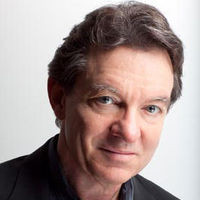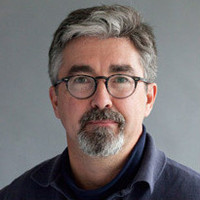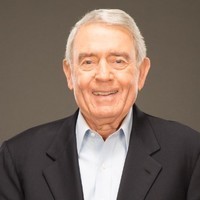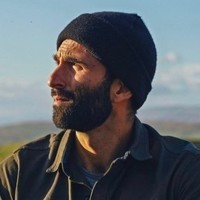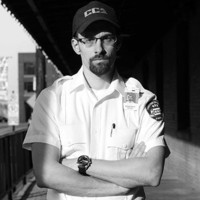Our Israelitish Brethren
On Jews:
The Jews are happy in the United States. There are now two hundred congregations of them here, half of whom have arrived within the last twelve years. They are good citizens, firmly attached to those liberal principles to which they owe their deliverance from degrading and oppressive laws, and are rising in the esteem of the people among whom they dwell. Their attachment to the system of universal education is hereditary; it dates back three thousand years; and though their religious feelings are wounded by the opening exercises of many public schools, they would not for that reason destroy them.






